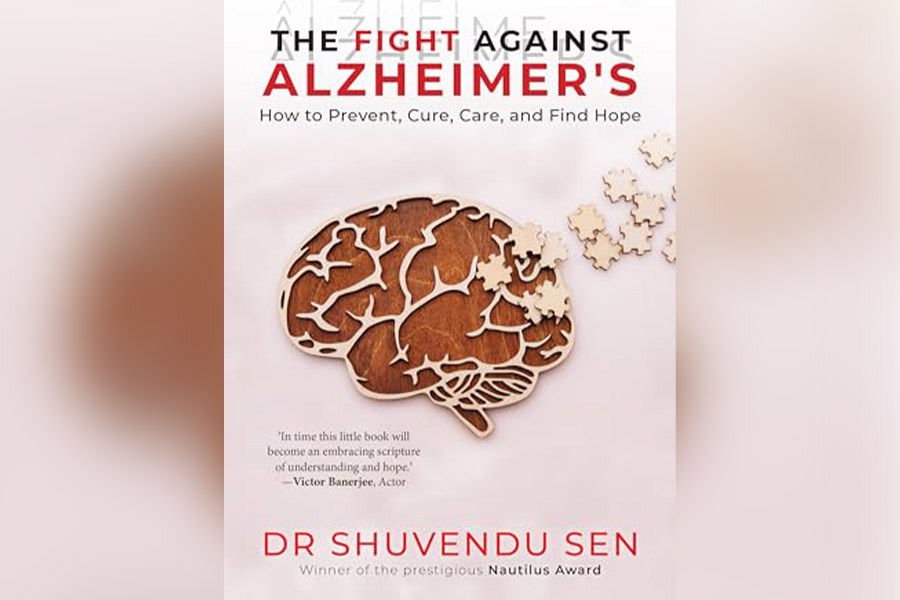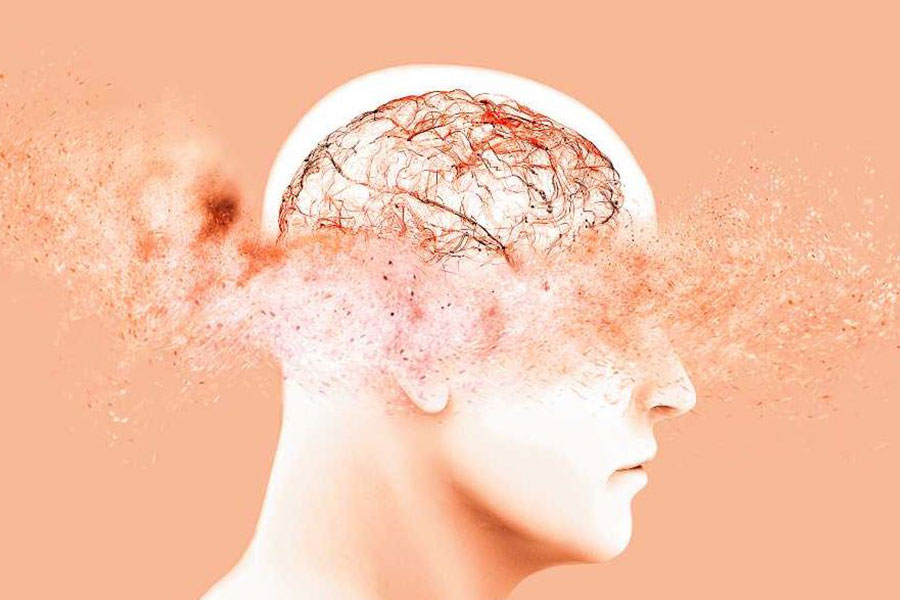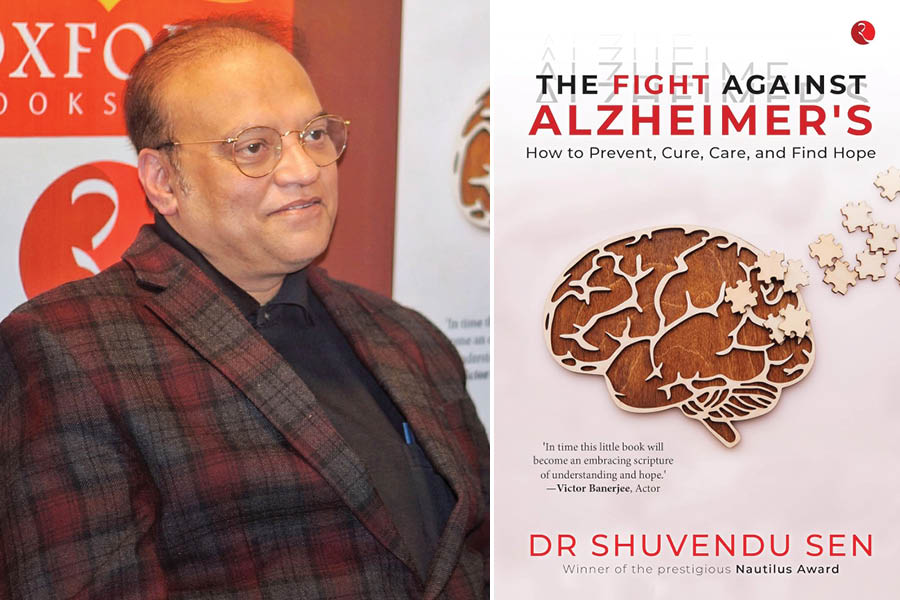In 1906, Alois Alzheimer (a German psychiatrist and neuropathologist) delved deep into the brain of Auguste Deter (a German woman in her 50s) and discovered neurofibrillary tangles, the sine qua non (an essential condition) of what is now called Alzheimer’s dementia. Little did Alzheimer know then that this newly discovered disease (named after him) would remain a horrifying enigma even after more than a century.
While we have found ways to tame heart attacks, measure cancers and mitigate strokes, Alzheimer’s disease continues to elude humanity like a spy on a run. With a set of impossibly varied and stretched-out presentations, Alzheimer’s redefines the word disease with an impetuousness and impunity seldom seen in other disorders. An open-ended term where memory loss is only a part of the spectrum of symptoms, Alzheimer’s also entails loss of recognition, loss of orientation, loss of insight and many such lethal threats, hitherto unknown.
Our only tunnel of escape from Alzheimer’s lies in its early anticipation

In ‘The Fight Against Alzheimer’s’, Sen outlines the ways in which human care and contact can help combat the disease
With so many manifestations running amok, it is almost myopic (perhaps even naive) to believe that a single line of prescription will temper this tempest. In spite of scientists bending over backwards to crack the Alzheimer’s code, no cure is yet around the corner. So, where lies the ray of hope? Where lies the silver lining in a cloud looming threateningly low?
Truth be told, our only tunnel of escape from Alzheimer’s lies in its early anticipation. With that in mind, let’s highlight the most common manifestations of Alzheimer’s, when the disease is still soft, hushed or just waiting in the wings.
Some scientists claim that Alzheimer’s dementia starts in the bathroom. The conviction lies in the theory that loss of smell hits early on in the disease. In other words, the delightful fragrance of your favourite body cologne starts to evade the nose. We need to be careful here. For loss of smell can happen in many instances other than Alzheimer’s, which makes it a non-specific example but still a highly sensitive one.
Are you having trouble hearing your partner in a noisy restaurant? If this is a recent but recurring pattern, seek medical advice. For research points towards hearing issues linked with early dementia.
Losing track of common words seems to be a firm challenge early on, too. Let’s take an example. The same person who always loved to articulate the details of a sumptuous breakfast — toast with butter and jelly, omelette, banana, apple with Nescafe by the side — now stumbles with the details and somehow calls it a “good breakfast”. In gist, failing to remember words you have always used could be indicative of an ensuing dementia.
Forgetting proper nouns is normal, forgetting common nouns may be concerning

Mood changes are among the recurring issues associated with Alzheimer’s
ShutterstockNot remembering the capital city of Kenya (or other proper nouns) may not be Alzheimer’s dementia, but forgetting the ‘thing’ that you are wearing around your eyes may be troublesome and certainly warrants a trip to a doctor’s office. Common nouns like an eyeglass, a watch, a bracelet or a shoe that one wears regularly should not be allowed to slip from your mind. To that end, forgetting your own (or worse, your spouse’s!) mobile number should bother and urge you to seek medical guidance.
To my knowledge and experience, mood changes occupy the most rigorous and recurring preamble to this ruthless disease. Sudden and frequent episodes of irritability, bouts of melancholy, sudden bursts of anger, extreme sensitivity to words heard and felt, tendencies to withdraw from a social gathering, internal restlessness… this entire gamut of fluctuations, sometimes subtle, sometimes intense but new, repetitive and uncontrolled, invariably gathers momentum to mudslide into an irreversible Alzheimer’s.
Despite superior genetic technology, increasing research funds and pharmaceutical companies churning out drug after drug, Alzheimer’s dementia continues its relentless advance as an alarming household disease. Early anticipation and early intervention remain the only beacons of hope until a firm cure is established.
Dr Shuvendu Sen, born and brought up in Kolkata, is a US-based physician currently serving as the vice chair, Research at the Jersey Shore University Medical Center, New Jersey. An award-winning physician and author, his works include The Fight Against Alzheimer’s (Rupa Publications, 2024), Why Buddha Never Had Alzheimer’s (HCI/ Simon & Schuster, 2017), A Doctor's Diary (Times Group Books, 2014), among others. Dr Sen can be reached at shuvendusen57@gmail.com








